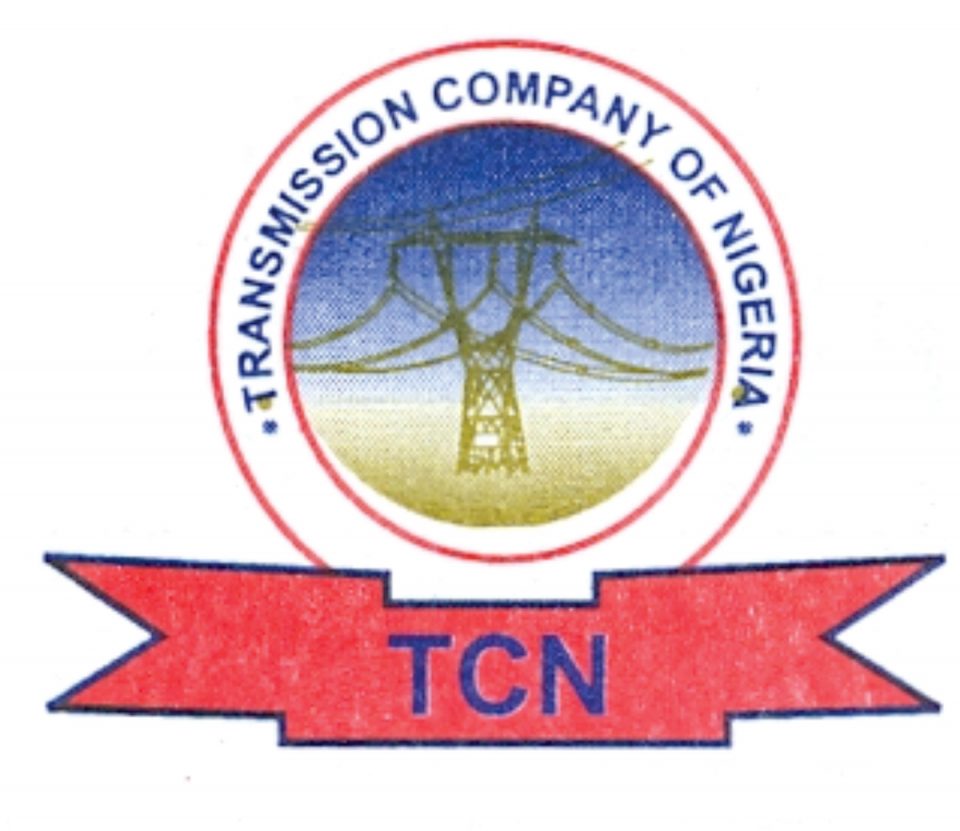Ninth grid collapse? – The Nation
This, within just six months is intolerable. It calls for drastic measures from the govt
AS if to cap its half-year of infamy, the nation’s power grid suffered another collapse on June 30 – the ninth in the year – throwing electricity consumers across the country into blackout for hours. In January alone, the system collapsed five times; in April it was once while in May, the system collapsed twice.
As in previous times, Nigerians were treated to the same all too familiar blame game. The Transmission Company of Nigeria (TCN) attributed the situation to the high voltage from massive drop of load by the electricity distribution companies (DisCos) . According to the company in a statement a few hours after the incident, “the massive load drop led to high voltage in the system, which shattered the lightning arrester in close proximity to the 75MX reactor in Benin Substation. The shattered lightning arrester porcelain hit the reactor bushing, causing a further explosion on the reactor and resulting in a fire outbreak.”
The DisCos however disagreed. On their part, they put the blame squarely on the feet of TCN. Speaking through their cartel, the Association of Nigerian Electricity Distributors (ANED), the body insisted that the poor transmission network protection mechanism by TCN should be held responsible. Spokesman of ANED, Sunday Oduntan, said incidents of burnt transmission stations and failed transmission substation recorded in Lagos, Calabar, Abuja, Enugu and Onitsha within the year were due to inadequate transmission protection mechanisms and procedures. Deploring what he claims to be “TCN’s practice of arbitrary load dumping on the DisCos whenever the TCN is having challenges managing energy on its grid, causing a myriad of commercial and technical problems, he insisted that these deficiencies of TCN were captured in a July 2017 System Adequacy Report. Citing the whopping 100 partial and total transmission system collapses since the sector’s privatisation in 2013 as proof of the quantum of the work that needs to be done by TCN, he advised the company to “focus on realising actual delivery of its acclaimed 8100MW wheeling capacity as the current figure is based on nothing more than a computer simulation”.
Nine system collapses all within the space of six months? This is certainly not what Nigerians bargained for when the Federal Government sold the unbundled power entities to the disparate players. An unbundled power sector, we were told, not only held better prospects of attracting capital and expertise to a sector that had suffered years of neglect by government, but also one of enhanced service delivery to the consumer. Today, those promises have since turned into a mirage as all manner of alibis are bandied by players to no end while the government typically looks pathetically on.
As far as we can see, the problem is neither difficult to isolate nor complex to confront. It is the lack of will to address them that has long turned the situation into a national scandal or embarrassment. To begin with, TCN is still firmly in the hands of the government and so its inability to ramp up investment to boost transmission capacity is not only untenable, it makes it only slightly better than the DisCos routinely vilified.
No doubt, the DisCos must be held as the chief culprits. Unable to inject fresh capital as promised, they have done little else than whine over issues of tariff while remaining unresponsive to legitimate consumer demands for electricity meters and overall improved services. Just as daily reports of loads being turned down even when most parts of the country are yet to be served are familiar, they have neither demonstrated willingness nor capacity to undertake the quantum of investments needed to turn things around, preferring instead to prey on the system by failing to pay the bulk trader– the Nigerian Bulk Electricity Trading Plc (NBET) for power sold to them– thereby putting the entire sector at great risk.
To pretend that the system will at some point improve with the current set of actors is to choose to live in fantasyland. What the country needs at this time are drastic steps to salvage the sector. One way is for the government to review the entire privatisation exercise against the benchmark set at its inception. The other, perhaps more pragmatic, is for government to get new but credible players on board by divesting a part of its holdings while getting the DisCos to also shed a part of theirs to them. For the umpteenth time, we say that Nigerians deserve better than the present crop of players are equipped to give.




